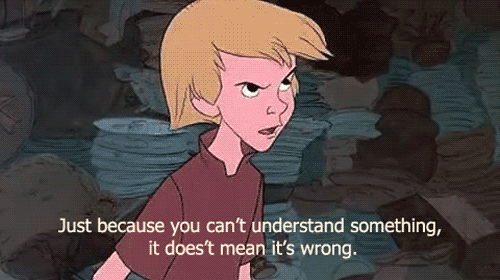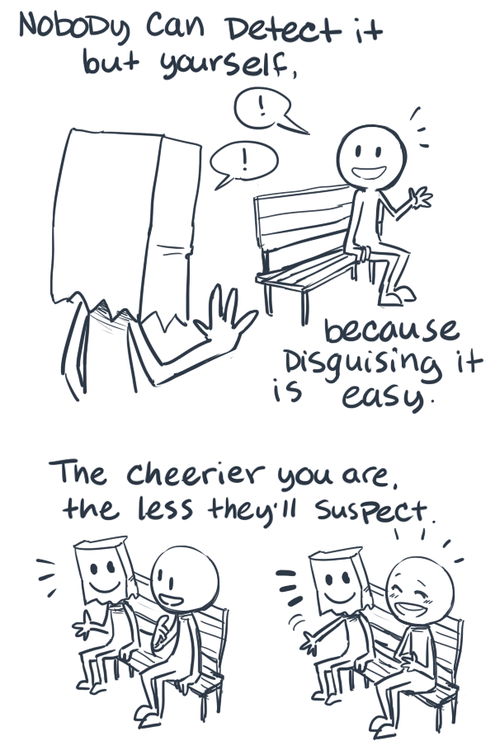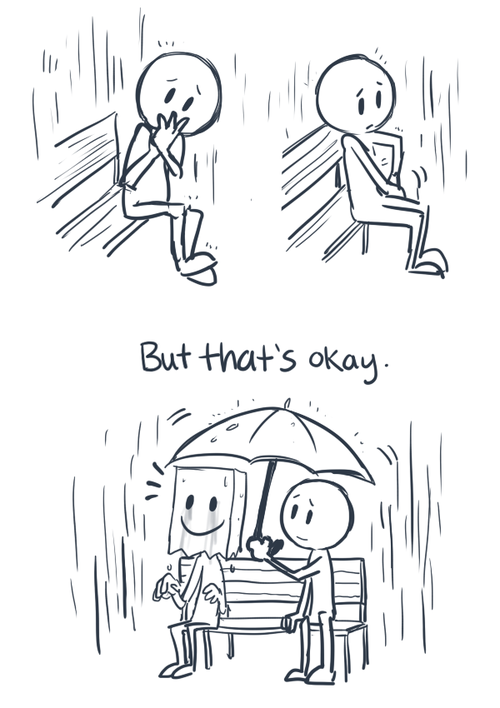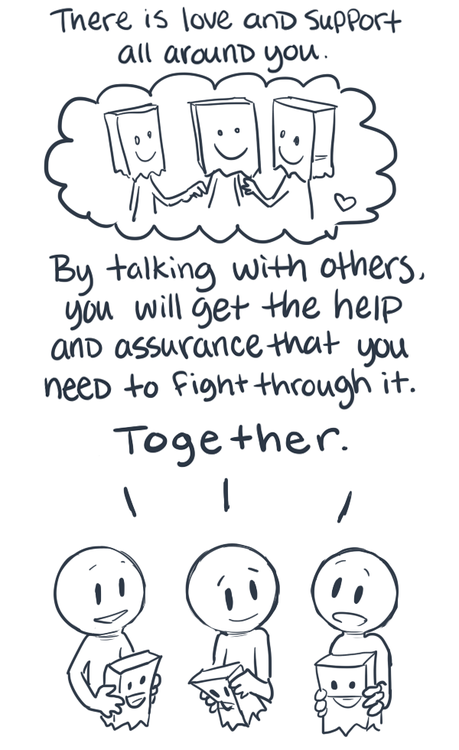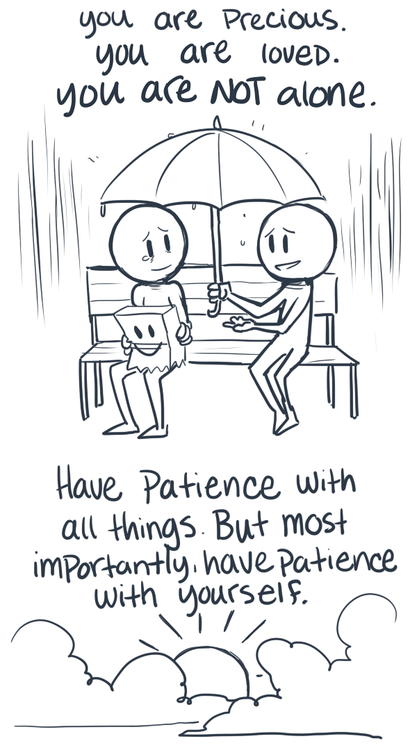Illness. What does this term mean? To be unwell. To be unfit. Most commonly associated with bad health. When someone is ill, we persistently recommend going to the doctor, getting checked, and hopefully finding a medicine that will be able to cure it. In the meantime, we whisper sweet nothings to the person who is suffering so he/she doesn’t let the illness bring them down. We listen to their wails of pain without judging them – without telling them to confine their illness within the four walls of their house.
However, when we think of the term mental illness or disorder we automatically, and shamefully, act in the exact opposite way. They’re not crazy; this difference in reaction is. We ask those suffering from a mental illness to not to go see a therapist, that “it’s just a phase – it’ll pass”, deter them from getting help and usually turn away when they need a ear. “Get over it”, they echo.
So many people, such little understanding
Psychological disorders can affect anyone, anywhere. In fact, the United Arab Emirates is no stranger to the issues of mental health. According to Khaleej Times, specialists from the field held a conference in 2011 where it was revealed that due to the stigma that comes with the subject of mental illness, patients and their families do not seek help when it is required. Serious illnesses such as schizophrenia, major depressive disorder (MDD), and bi-polar disorder were among the most common mental illnesses suffered by UAE residents. What people don’t realise is that if a disorder is addressed and treated, it can lead to a healthy recovery with the right therapist, emotional support, lifestyle changes and sometimes, medication. On the flip side, failure to address an illness, much like physical illnesses, results in a deterioration of mental and physical health.
So, the question is: Can a sufferer make their illness go away without addressing the issue with his/her family? Can the person have a conversation about it without feeling guilty? No. In reality, too often the sufferers endure their illness in silence – in fear of being shamed by their family or friends. They endure the storm within, hoping it calms itself [To the extent that they would take their life than confide in their family].
Do you know about Hasna?
An instant of this is UAE resident, Hasna, who was suffering from a disorder called Trichotillomania. Because of her condition, she pulled out her hair whenever she was feeling emotional. It first happened when she was 11 years old. By 14 years old, she had visible bald patches. When she finally got the courage to seek help, she went to her sister and discussed the issue with her who failed to take her case seriously. She couldn’t seek medical help as her parents thought that only those suffering from insanity needed psychiatrists. That kind of thinking is neither uncommon nor challenged and is one of the main reasons sufferers don’t get the medical attention they need in time. Thankfully, Hasna finally got the medical help she needed and at 24 years old recovered.
Misconceptions
A study conducted in 2003 by Dr. Al Darmaki, which included students from the UAE University in Al Ain, revealed that most people in the U.A.E relied on traditional means to deal with mental illnesses. It also found that people are not confident in seeking medical assistance with the idea that “only an insane person needs to go to a professional”.
And do you know about Shaima?
Shaima, another sufferer of a mental illness, started to stutter when she went through trauma as a kid. Her stutter got so severe that she wouldn’t attend phone calls or talk to people. Instead of trying to help her, people laughed at her and poked fun at her, which made her situation worse. Her stammering got worse with her worries. It was when she was finally encouraged by a colleague to seek out medical help was she able to control and even limit her stammering.
Therapy or no therapy?
This is not to say that every patient suffering from a mental illness requires medical attention – that solely depends on the type and severity of the disorder. There are many complex factors involved with mental illnesses and they differ from person to person – with some, it may be genetic, with others, it may be solved with a few small lifestyle changes, while for some it may be caused by negative experiences from the past or inadequate coping techniques for stress. Whatever the cause may be, we’re not suggesting you victimize the person who is suffering – we are simply asking you acknowledge their suffering without shame.
What people don’t tend to realise is that, sometimes, just sitting by someone and hearing out what is going on inside of their minds, the confusion, the darkness, the load that they physically feel, can be altered with the right kind of guidance and patience. People often become agitated and restless with those who cannot promise stability 100% of the time. All that is required is a bit of patience and an open mind.
Just talking can help
This why we need to talk. We need to talk about mental illness on public forums. We need parents, family members and teachers to read about mental illness and get to know the causes and symptoms instead of shying away. Only when we talk about it will there be acceptance. Only then will a child be able to turn to their parents and say “I am suffering, mum and dad”, with their parents nodding with compassion [in place of accusatory looks]. It’s not going to be an overnight change, but when we get comfortable with what we don’t know and don’t understand, we can at least begin to be there for those that need us.
On a concluding note, for those who are suffering from depression, a comic to remind you of something important:
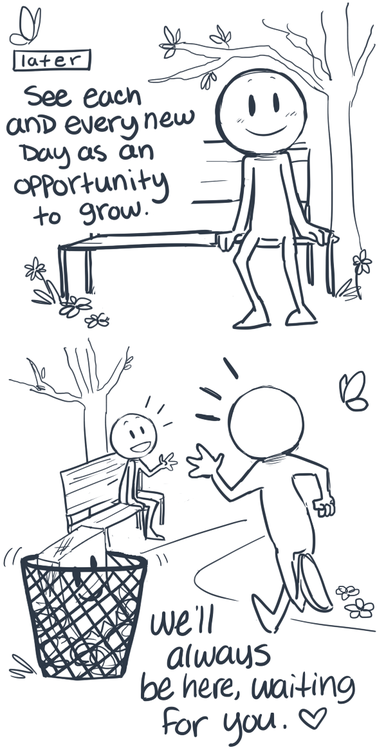
#WeNeedToTalk
Please share [publicly] this article with anyone you think will relate to it – You don’t know who you might help. On our B-Mindful section, we will be sharing pieces with tips on a regular basis – small alterations – that may help people with common mental disorders cope. You’re not alone.
Featured Image Credit: preapism.com



